Neurogenesis
Recent articles
Autism-linked perturbations converge on cell skeleton and RNA-binding proteins
The findings solidify the idea that autism-linked mutations affect brain activity by way of several key shared mechanisms.
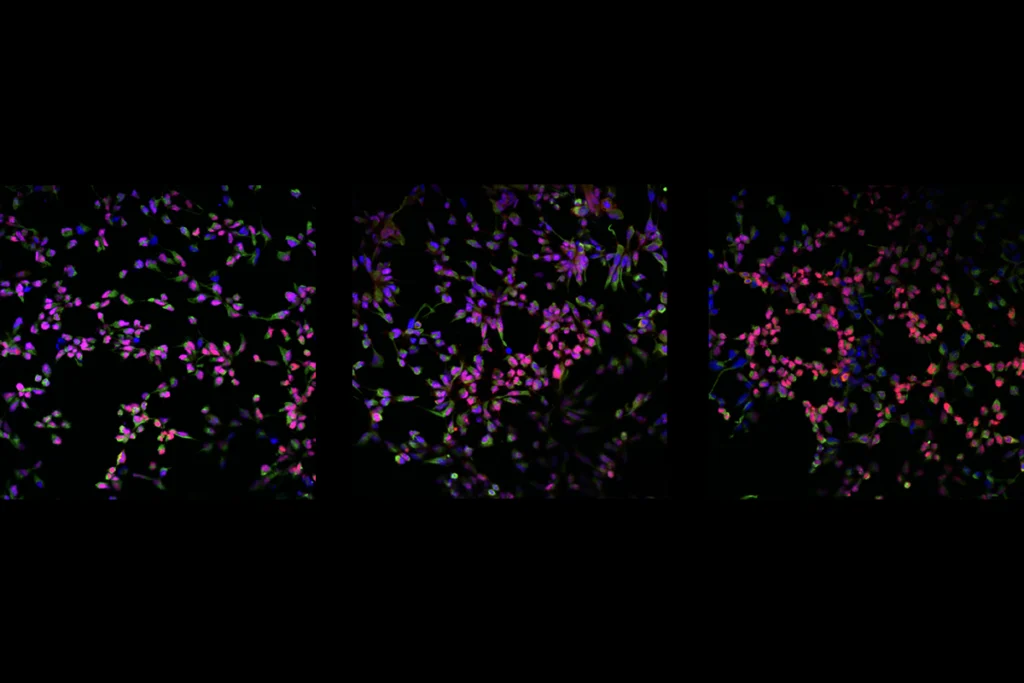
Autism-linked perturbations converge on cell skeleton and RNA-binding proteins
The findings solidify the idea that autism-linked mutations affect brain activity by way of several key shared mechanisms.
Head size parts autism into two major subtypes
An imbalance in the number of excitatory neurons in early brain development may account for the difference.
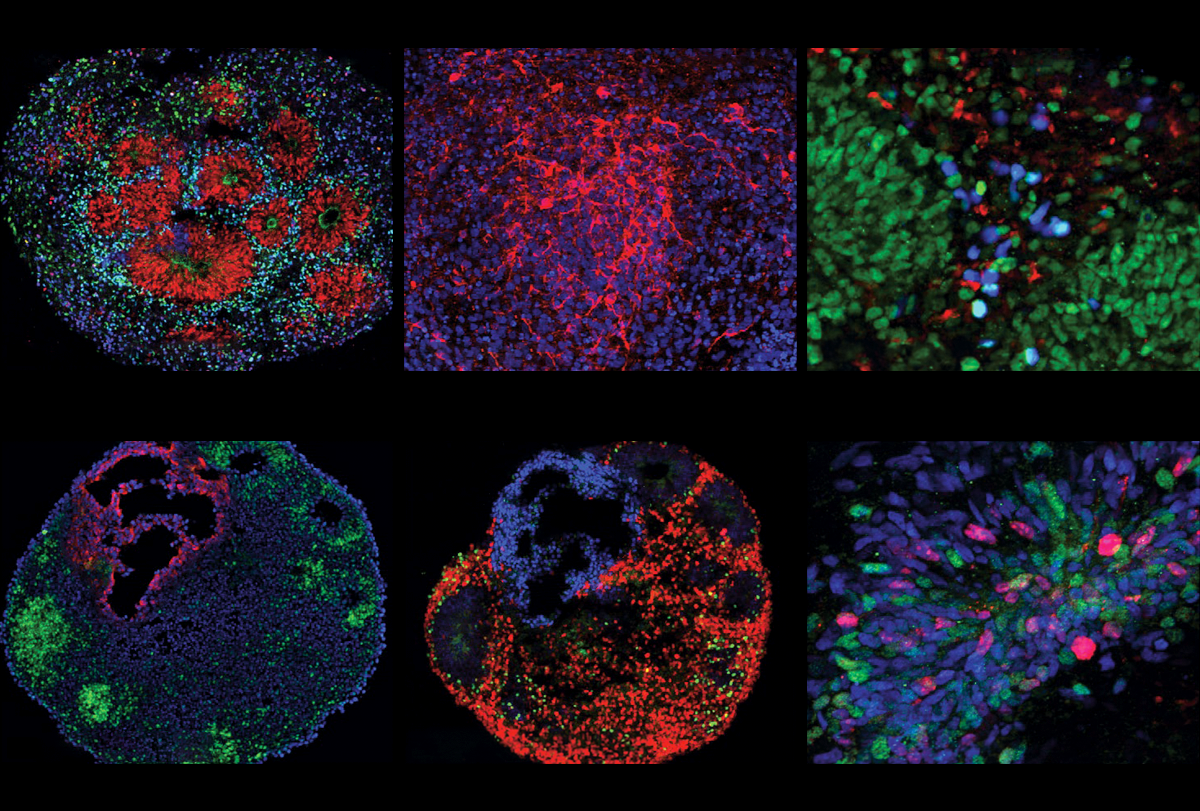
Head size parts autism into two major subtypes
An imbalance in the number of excitatory neurons in early brain development may account for the difference.
Genetic background sways effects of autism-linked mutation
Experiments offer clues to why certain mutations are associated with autism in some people and not others.
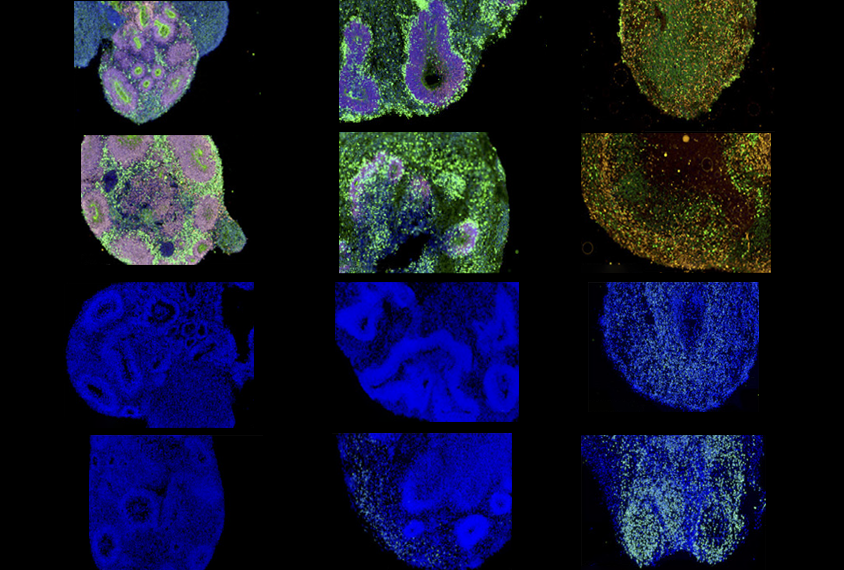
Genetic background sways effects of autism-linked mutation
Experiments offer clues to why certain mutations are associated with autism in some people and not others.
Rare autism-linked mutation starves growing neurons of essential nutrients
The mutation prevents certain amino acids from entering neurons, causing the cells to die early in development.
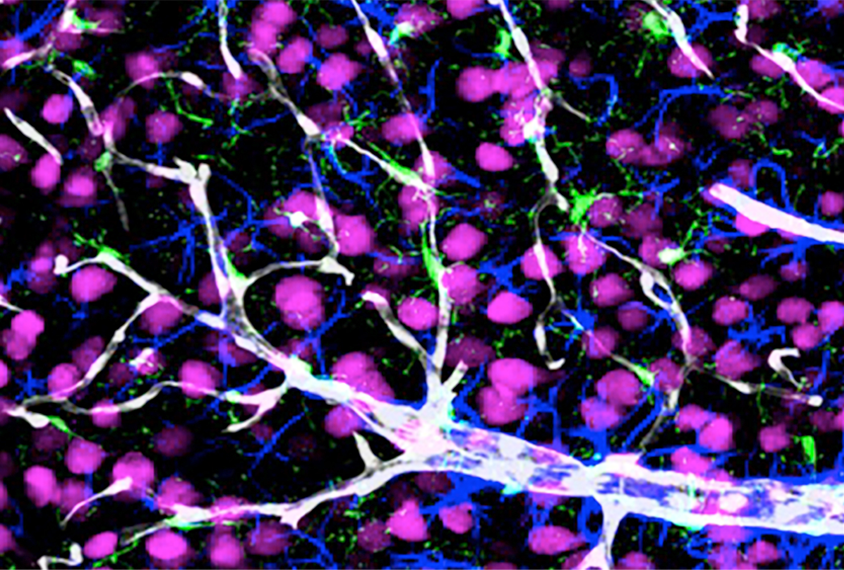
Rare autism-linked mutation starves growing neurons of essential nutrients
The mutation prevents certain amino acids from entering neurons, causing the cells to die early in development.
Immune molecule alters cellular makeup of human brain organoids
The changes may help explain the link between maternal infection and autism, though more research is needed.
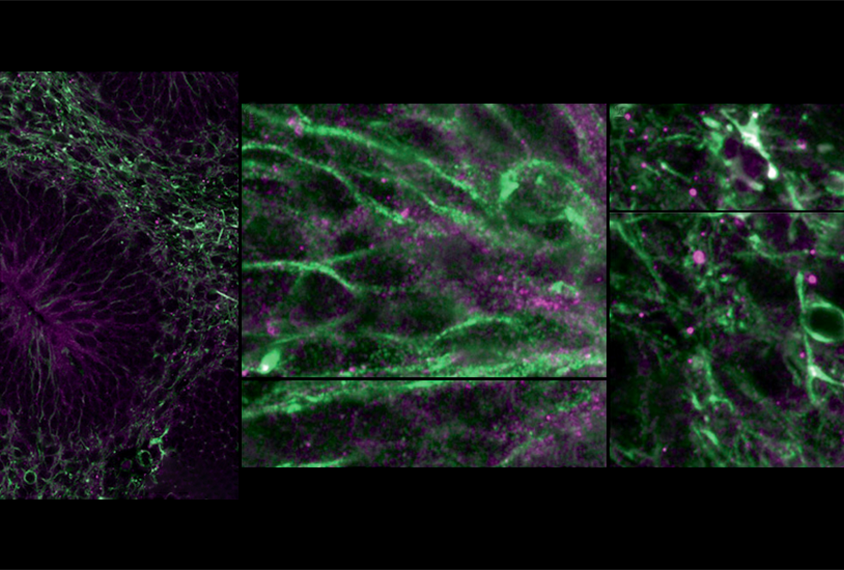
Immune molecule alters cellular makeup of human brain organoids
The changes may help explain the link between maternal infection and autism, though more research is needed.
Autism-linked MYT1L mutations prompt ‘identity crisis’ in budding brain cells
Both human and mouse progenitor cells with the alterations struggle to become neurons and instead express genes that are typically active only in muscle or the heart.

Autism-linked MYT1L mutations prompt ‘identity crisis’ in budding brain cells
Both human and mouse progenitor cells with the alterations struggle to become neurons and instead express genes that are typically active only in muscle or the heart.
Autism-tied gene ZNF462 keeps developing neurons on track
The gene, linked to a little-known condition called Weiss-Kruszka syndrome, prevents embryonic stem cells from deviating from their neuronal destiny.
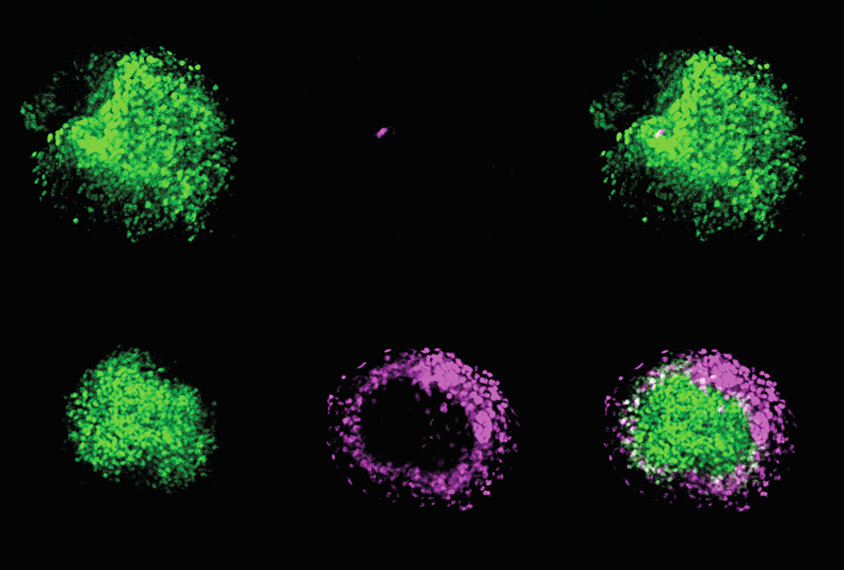
Autism-tied gene ZNF462 keeps developing neurons on track
The gene, linked to a little-known condition called Weiss-Kruszka syndrome, prevents embryonic stem cells from deviating from their neuronal destiny.
Lab-grown ‘embryoids’ offer new window into gene-trait relationships
The developmental models have advantages over natural embryos and other synthetic models, such as organoids, but present technical and ethical challenges.
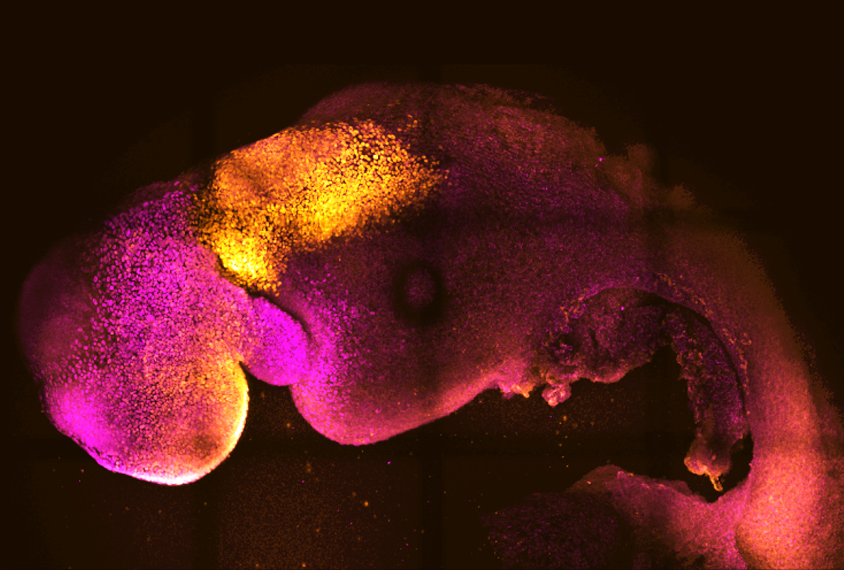
Lab-grown ‘embryoids’ offer new window into gene-trait relationships
The developmental models have advantages over natural embryos and other synthetic models, such as organoids, but present technical and ethical challenges.
Explore more from The Transmitter
Who funds your basic neuroscience research? Help The Transmitter compile a list of funding sources
We want to hear from you about the sources of funding for your research.
Who funds your basic neuroscience research? Help The Transmitter compile a list of funding sources
We want to hear from you about the sources of funding for your research.
The future of neuroscience research at U.S. minority-serving institutions is in danger
Cuts to federally funded programs present an existential crisis for the University of Puerto Rico’s rich neuroscience community and for research at minority-serving institutions everywhere.

The future of neuroscience research at U.S. minority-serving institutions is in danger
Cuts to federally funded programs present an existential crisis for the University of Puerto Rico’s rich neuroscience community and for research at minority-serving institutions everywhere.
Unexpected astrocyte gene flips image of brain’s ‘stalwart sentinels’
The genetic marker upends the accepted orientation of non-star-like astrocytes in the glia limitans superficialis.
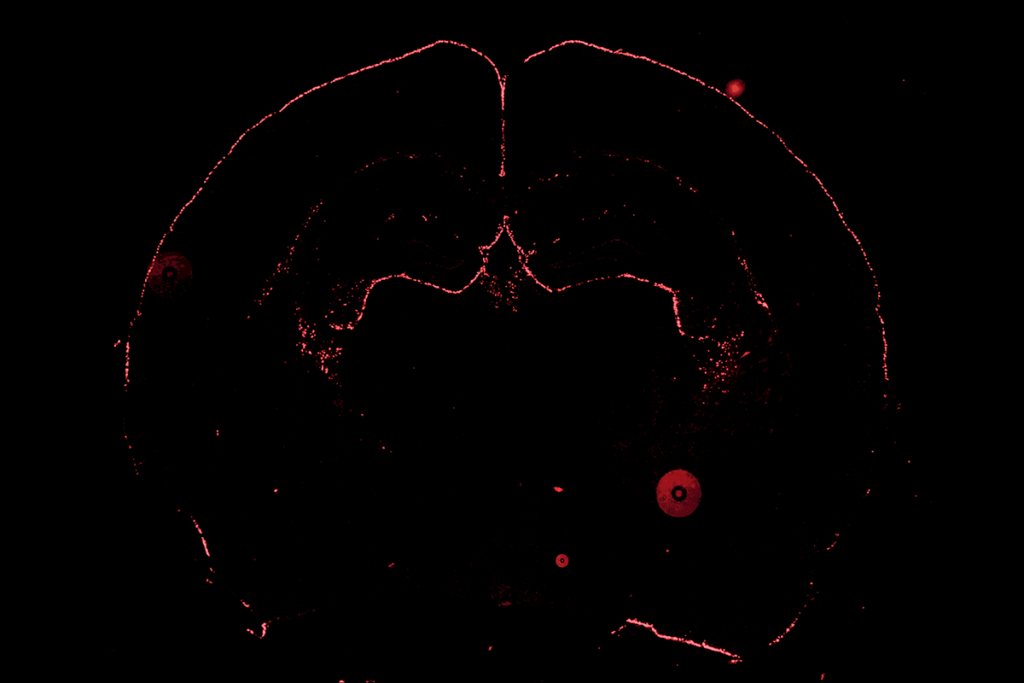
Unexpected astrocyte gene flips image of brain’s ‘stalwart sentinels’
The genetic marker upends the accepted orientation of non-star-like astrocytes in the glia limitans superficialis.